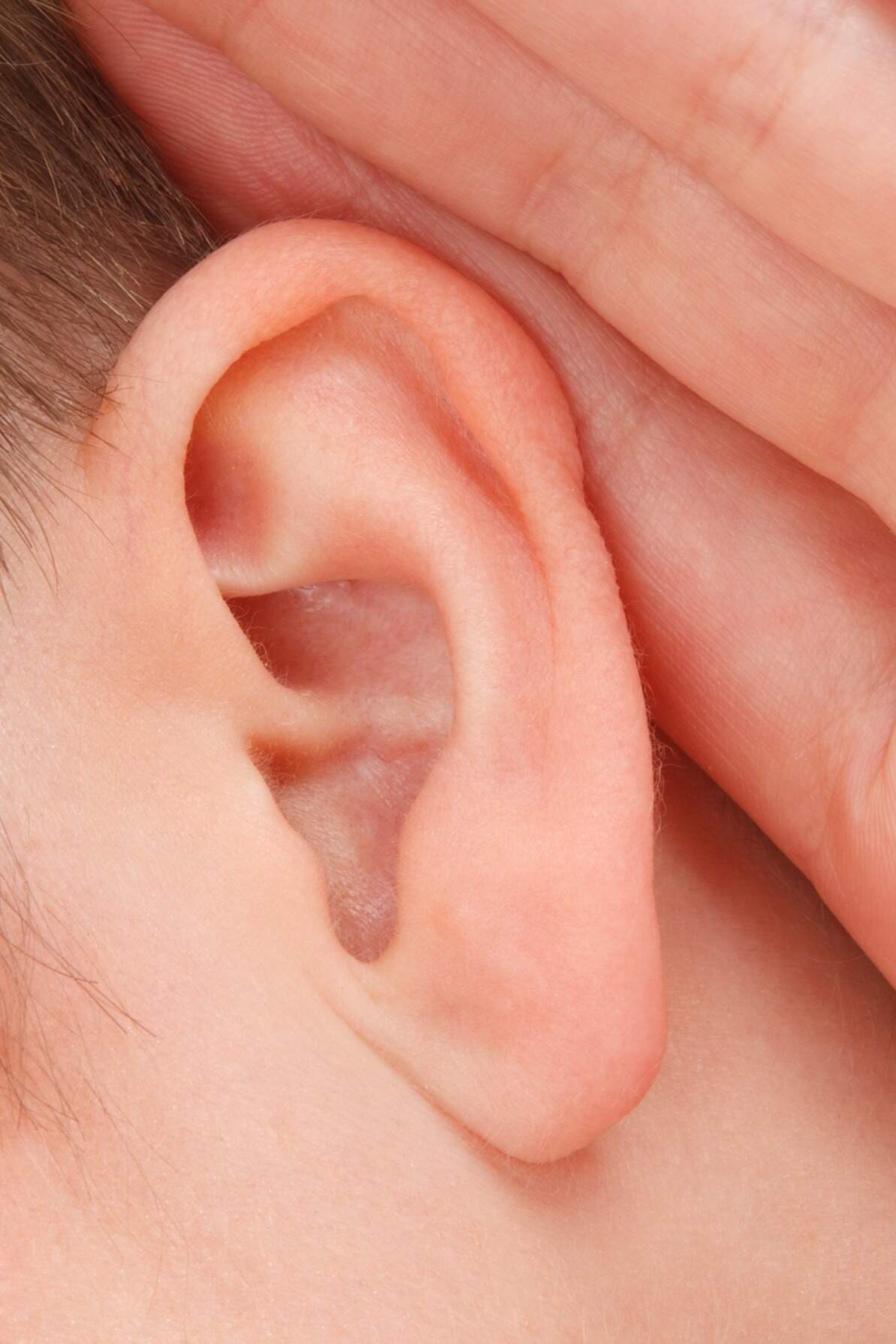

World Listening Day
Observed
annually on July 18th (since 2010)
Dates
Founded by
World Listening Project in 2010
Hashtags
Sources
World Listening Day is an annual global event that was started in 2010 by the World Listening Project, a group "devoted to understanding the world and its natural environment, societies and cultures through practices of listening and field recording." The day celebrates the listening practices that occur around the world, as well as acoustic ecology—a discipline that studies the relationship between humans and the natural world in regards to sound.
Dozens of organizations and thousands of people have participated in the day, and each year there is a new theme and events that reflect that theme. People participate in the day by taking soundwalks, listening to field recordings, going to site-specific performances, going to other listening events and concerts focused on the theme, and going to talks and lectures regarding listening and acoustic ecology. The day takes place on the birthday of Raymond Murray Schafer, a Canadian composer and environmentalist who founded the study of acoustic ecology. He first began studies of it in the late 1960s at Simon Fraser University in Vancouver, Canada.
How to Observe World Listening Day
Celebrate the day by listening. One way to focus on all of the sounds around you is to take a soundwalk. This could be done anywhere, from in a busy city to out in the wilderness. You could make a field recording of what you hear to play back later. You could also celebrate the day by listening to field recordings and music from around the world. Raymond Murray Schafer's World Soundscape Project has made many field recordings, and Smithsonian Folkways Recordings has released many recordings of world music. You could go to events, performances, and concerts focused on the year's theme, or ones not related to the theme. You could also explore other groups that work with sound and acoustic ecology, such as the World Forum for Acoustic Ecology and the Deep Listening Institute.





















